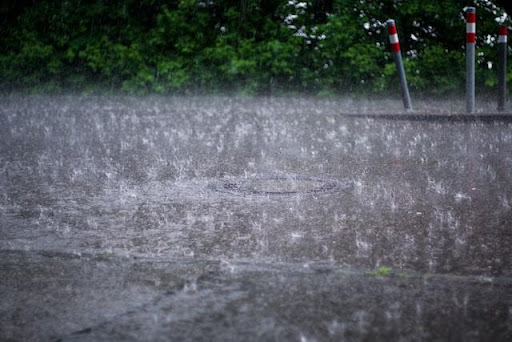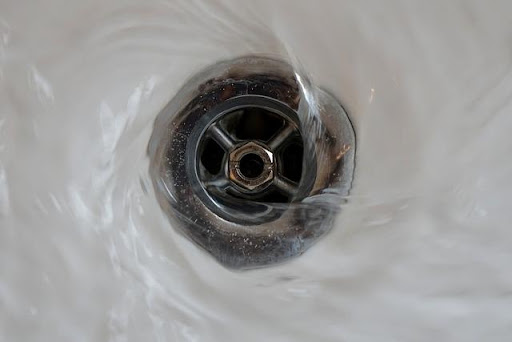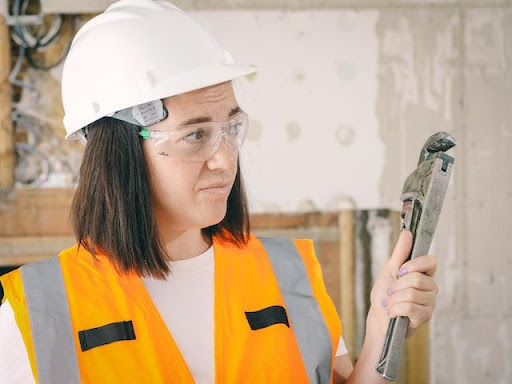
Modern plumbing systems are designed to efficiently and inconspicuously move water in and out of our homes. One part of the system carries potable water from the city supply into the home, while the other part collects wastewater from the different fixtures in the house and moves it to the city sewers. In this article we will explain rainfall influence on plumbing.
The system does this morning, day and night, every single day of the week and throughout the year. Plumbing systems are one of the most hardworking and undervalued components of the home. And as Nelson Property Management says , the only time most homeowners pay attention to their plumbing is when the system breaks down.
Such breakdowns are common during periods of heavy rainfall. That is because, although the plumbing is designed to carry water, it is not equipped to handle the large volumes that can enter the system or surrounding areas within a relatively short time, as is the case when it rains heavily.
If you live in an area with a lot of rainfall during the wet season, you may be dealing with many plumbing issues at this time of the year. Why do these issues occur, and what can you do to protect your home? This post will answer your questions.

One of the signs that the sewer line is clogged with debris is when water starts to pool in the home’s drains.
Common rain-related plumbing issues in the home
Clogged drains
Heavy rains can pick up all kinds of debris and sweep them into sewer lines and pipes. The result is that your drains will become slow, make gurgling sounds and emit foul odors. In severe cases, the debris can even block the pipes completely. One of the signs that the sewer line is clogged with debris is when water starts to pool in the home’s drains.
Septic tank backups
If your home uses a septic system, heavy rains can interfere with the system. The leach field may become saturated with water, making it hard for effluents to drain into the soil. Instead of wastewater flowing from your home into the septic tank, water can penetrate the septic tank from the leach field, overwhelming it. That can cause sewage to back up into your home.
Shifting pipes
During heavy rains, the soil around underground pipes can soak up water until they become soft and unstable. If this soft earth moves even slightly, it can deprive those pipes of support. The result is that water pipes and sewer lines may burst or become bellied. Common signs of displaced water pipes or sewer lines are dirt in your home’s drinking water supply and frequent issues with slow or clogged drains in the home.
Troubles in your toilets
Toilets drains are very close to the ground (toilets that are on the first floor), and as such, they are very sensitive to changes in the home’s drainage system. The first place that sewer line clogs and blockages show up is in the toilet. After or during heavy rains, you may find that ground floor toilets in your home will start to gurgle. That is a sign of blockages and clogs inside the drain line. If the rains continue, the sewer line may eventually back up into your toilet.
Problems with outdoor drains
Rainwater can wash debris into storm drains and block them. If this happens, your yard or the area in front of your house will be flooded. Because of the blocked drain, rainwater can pool in the yard and affect your driveway or deck. By encouraging runoff to remain on your property, a clogged storm drain can cause some of the problems highlighted above.

Schedule a plumbing inspection before the wet season to spot all issues with the plumbing and resolve them before the rains begin.
How to limit the effects of heavy rain on your plumbing
To be completely honest, there is no way you can eliminate the impact of heavy rainfall on your home’s plumbing. However, you can take steps to limit the effects and learn to detect the problems quickly, so you can move fast to stop them from getting worse.
The following measures will help to reduce the impact of heavy rains on your home’s plumbing:
- Schedule a plumbing inspection before the wet season to spot all issues with the plumbing and resolve them before the rains begin
- Hydro-jet sewer lines to clean them and get rid of the buildup that may encourage clogs
- Install drain guards on outside drains to keep debris out of them. Note that debris may still accumulate on top of the guards, but it will be easier to remove them
- After a storm, check your plumbing for leaks, low water pressure and other problems
- If you have a septic system divert as much runoff as you can from the drain field
- If your yard gets flooded whenever it rains, install additional drainage to help channel rainwater away
- Replace old water pipes and sewer lines as they are more vulnerable to soil shifts
Finally, have a professional plumber thoroughly assess your property to identify issues that may be contributing to your problems and advise on steps to solve them holistically.